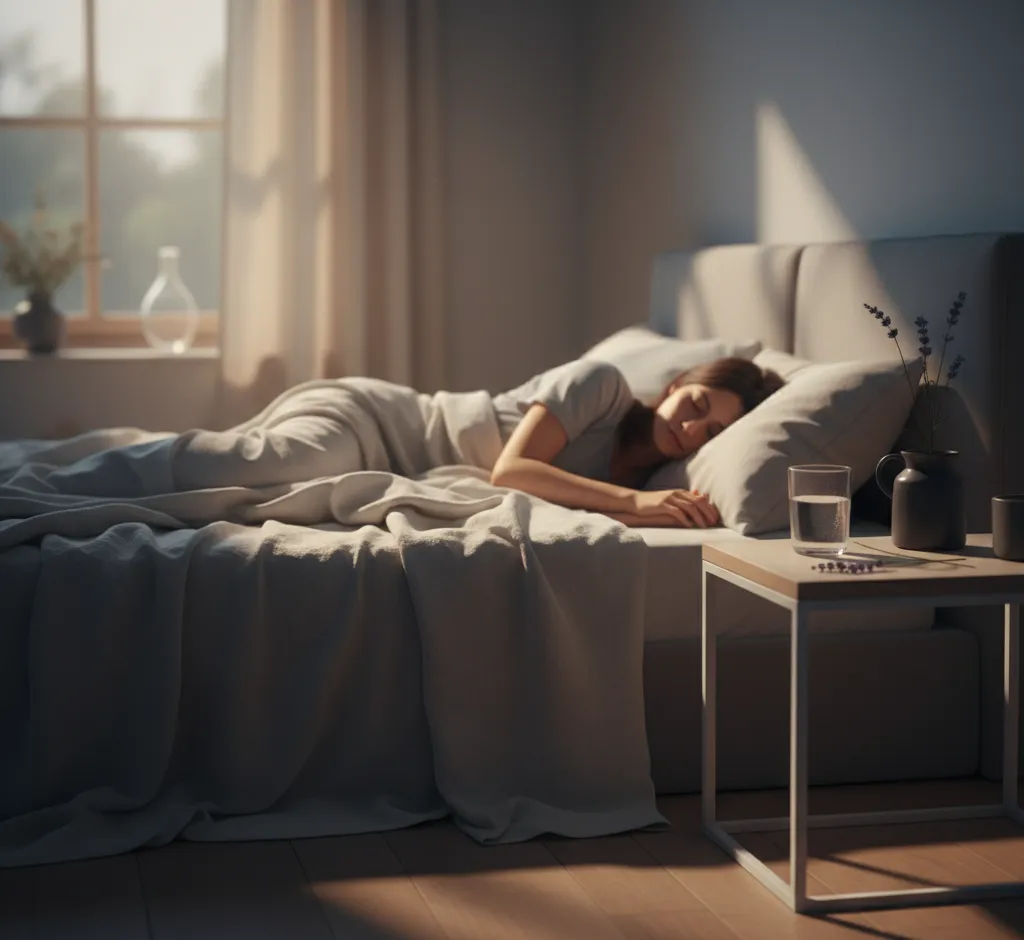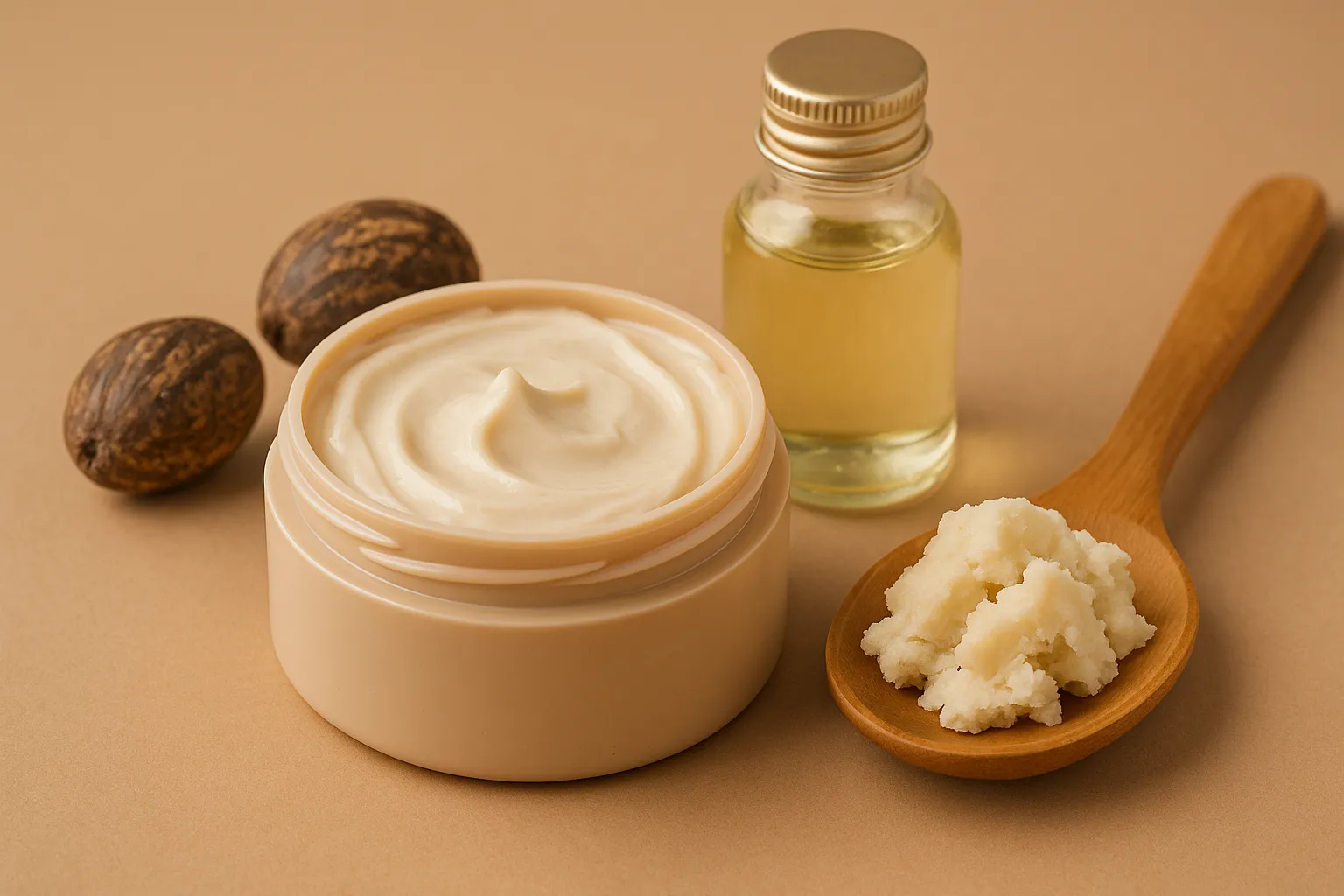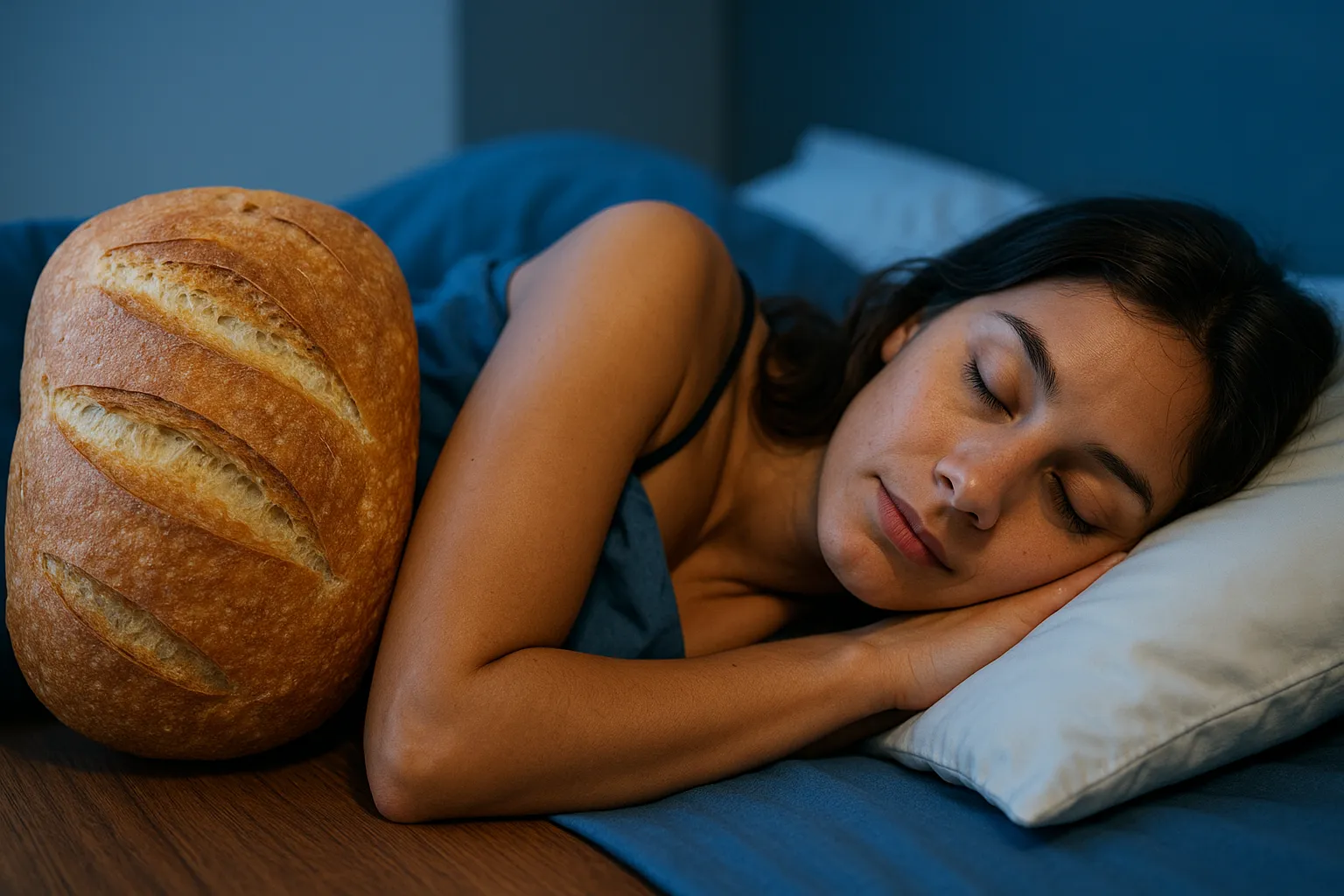Hydrate for Harmony: Finding the Sweet Spot for Water Intake Before Bed
Discover the optimal water intake strategy before bed. Learn how to stay hydrated to support sleep-regulating hormones without causing nocturia and disrupting your restorative sleep cycle.

💦 The Delicate Balance: Hydration, Sleep, and Timing
It's a common health question that pits two critical needs against each other: the body's need for **hydration** and the brain's need for **uninterrupted sleep**. Can drinking water before bed really lead to better sleep, or is it a recipe for annoying, middle-of-the-night trips to the bathroom (a condition known as nocturia)? The truth lies in a delicate balance of timing and quantity.
Proper hydration is non-negotiable for overall health, supporting everything from cognitive function to temperature regulation. However, when it comes to the hours before you hit the pillow, a strategic approach is essential. The goal is to be adequately hydrated to prevent sleep-disrupting dehydration without overloading the bladder and triggering a wake-up call.
😴 The Hidden Cost of Overnight Dehydration
While the risk of a bathroom break is immediate and obvious, the negative effects of going to bed even mildly dehydrated are often overlooked. Dehydration can quietly sabotage your sleep quality in several fundamental ways:
- Hormonal Disruption: Adequate hydration is linked to the body's ability to regulate sleep-related hormones, including **melatonin**. Mild dehydration can potentially lower melatonin levels and increase the stress hormone, cortisol, making it harder to fall and stay asleep.
- Increased Discomfort: Dehydration can cause a dry mouth, dry throat, and even headaches or muscle cramps (charley horses), all of which can trigger awakenings.
- Temperature Regulation: Your body temperature naturally drops before and during sleep. Hydration supports proper blood circulation and helps the body effectively regulate this temperature, which is crucial for initiating and maintaining restful sleep.
🚽 The Primary Sleep Killer: Nocturia
The main argument against pre-bed hydration is the risk of **nocturia**—waking up one or more times to urinate. This is a significant sleep disruptor. When you wake up, even briefly, it fragments your sleep architecture, pulling you out of deep, restorative cycles like REM and slow-wave sleep. Chronic sleep fragmentation can lead to:
- Daytime fatigue and grogginess.
- Impaired memory and concentration.
- Increased risk of chronic health conditions like diabetes and heart disease.
The body naturally produces more of an anti-diuretic hormone called vasopressin during the night to slow down kidney function and reduce urine production, helping you sleep for 6 to 8 hours uninterrupted. Drinking too much fluid too close to bedtime overrides this natural biological process.
⏰ Finding the Optimal Hydration Window
The key to using water to support better sleep is to front-load your fluid intake. This ensures your body has time to process the water and eliminate any excess before your head hits the pillow. Health experts and nutritionists often recommend a simple, effective rule:
The Two-Hour Taper-Off Rule
Aim to significantly reduce or stop all fluid intake 1.5 to 2 hours before your planned bedtime.
This allows your body a crucial window to void your bladder and minimize the chances of a nighttime wake-up call. If you are thirsty right before bed, a few small sips—just enough to wet your mouth and throat—is usually fine, but avoid large glasses or bottles.
💡 Hydration Hacks for a Restful Night
To maximize the benefits of hydration without the drawback of nocturia, integrate these strategies into your daily routine:
- Hydrate Consistently Throughout the Day: Don't wait until the evening to realize you're thirsty. Sip water steadily from morning to mid-afternoon. If your urine is consistently light yellow or clear, you are well-hydrated.
- Avoid Diuretics in the Evening: Beverages containing **caffeine and alcohol** are diuretics, meaning they actively increase urine production. Cut off all coffee, tea, and alcoholic drinks at least 4-6 hours before bed, as they can rapidly lead to dehydration *and* an overactive bladder.
- Consider Warm Water or Herbal Tea: If you enjoy a soothing pre-bed ritual, swap plain water for a small cup of **warm, non-caffeinated herbal tea** (like chamomile). Warm liquids can be comforting and aid in digestion, signaling to the body that it's time to wind down.
- Eat Your Water: Fruits and vegetables with high water content, such as cucumber, melon, and leafy greens, contribute significantly to your overall hydration without the same sudden fluid surge as a large glass of water.
✅ When to Consult a Professional
If you consistently wake up multiple times to urinate despite implementing fluid restriction in the evenings, it may be a sign of an underlying medical condition (such as diabetes, an overactive bladder, or even sleep apnea). In such cases, it is important to consult a healthcare professional to determine the root cause and find appropriate treatment.


